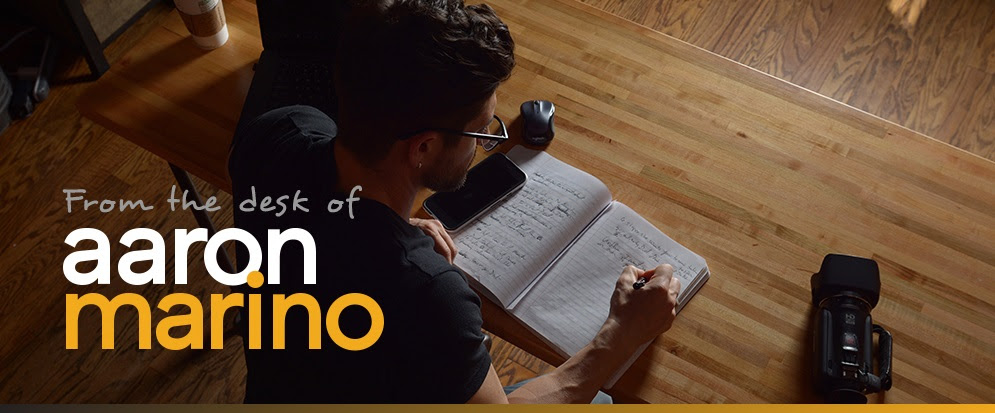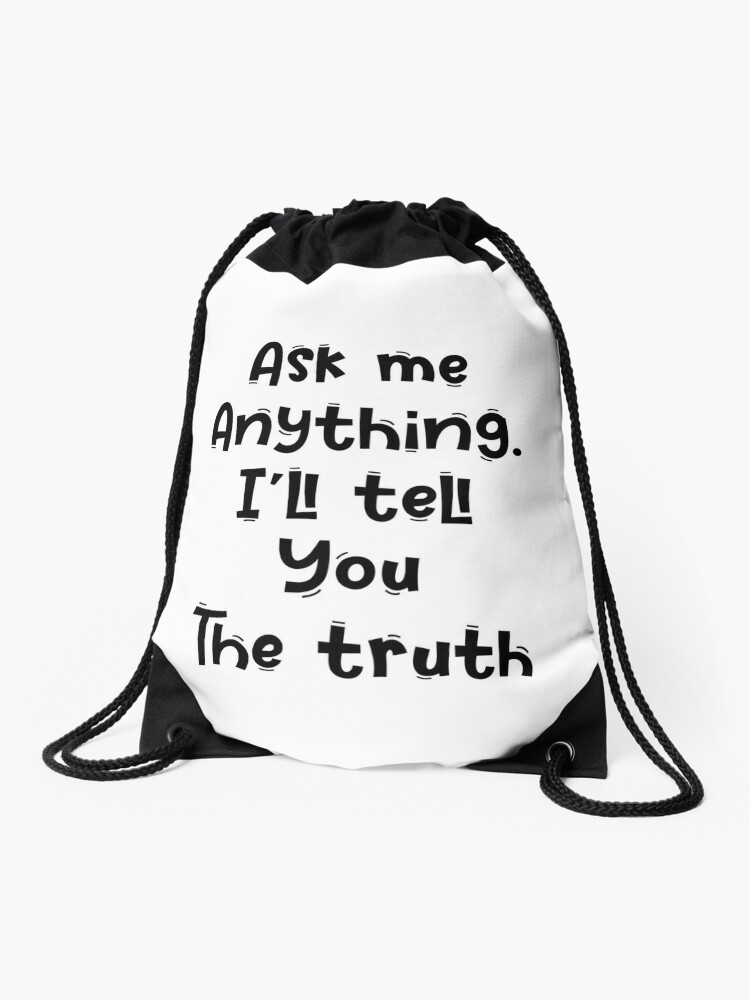
Fear of confrontation is a common experience, and feeling anxious or nervous in situations when you feel like you must stand up for yourself is normal. But remember that confrontation can be a healthy and necessary part of communication, so learning to manage and navigate confrontation is an essential and critical skill in all types of relationships. And most crucially, learning to say ‘no’ is powerful; you can never really say ‘yes’ until you can say ‘no.’
Confrontation is characterized by an exchange or discussion accompanied by intense emotions. Confrontations can erupt from unresolved conflict or future conflict, and if handled correctly, the confrontation can build a greater understanding (aka trust). Regardless, many of us fear (think petrified) of confrontation — like me.
As a younger person, I never fought back or spoke my mind, and I bottled it all up. I felt standing up for myself, saying it is not ‘okay,’ or arguing put me at risk. By the time I went to college, I had lost my ability to stand up for myself. It took years and therapy to finally find my voice, confidence, and ability to say, “No, you’re not going to treat me that way.”

Later in life, I opened some nutrition stores with this guy. I worked more than I should because I could never say ‘no.’ And I never stood up for myself. I was paralyzed by fear of confrontation—I was actually petrified of confrontation. And it never fails—when somebody tries to take advantage of you, you never see it coming. This is a significant issue when conflict comes at you out of left field.
Ultimately, it wasn’t worth working with this guy I was in business with. It was easier to say, “Deuces, I’m out!” That’s the choice I made. I don’t know if it was right or wrong, but I felt good about it. So, where is this fear coming from?
- Your upbringing– a past situation can make you fearful of confrontation (aka abusive relationships, bad break-up).
- Fear of failure – not wanting to be ‘wrong’ in front of others.
- Fear of not being liked — not wanting the other person to stop liking you.
- Being in a group — being outnumbered can be frightening in terms of confrontations.
- Lack of effective communication skills — worried that you can’t speak good enough or you won’t get your point across.
- Not thinking before speaking — listen and process the information before speaking.

I realized that I had a problem standing up for myself. It really started to bother me, so I decided to see a therapist. This was one of the best decisions I ever made. I realized and accepted that I wasn’t comfortable standing up for myself in certain situations and with certain people. I needed to leave those environments because it would never get better. The anxiety that I felt even thinking about standing up for myself was way too much for me.
One of the most eye-opening pieces of advice I ever received was this: We teach people how to treat us. This idea was groundbreaking, and I started analyzing my various relationships. I realized that I was absolutely teaching people that it was okay to treat me a certain way because I would never stand up for myself.
Standing up for yourself may cause you to lose friends, careers, or a significant other. The alternative is being eaten alive inside, and that was just something I wasn’t willing to deal with. When I left that nutrition business, I started asserting myself and caring for myself. When I felt I was being treated poorly, I’d say something.
Sure, I would get a crazy amount of butterflies at first and almost pass out. I’d also get so much adrenaline and nervousness. But, it’s like anything else: you’ll incrementally find it much easier the more you practice. Also, when you stand up for yourself, these toxic people will start to go away because they are more comfortable putting you down than you standing up for yourself.

Being nice and kind doesn’t mean that you have to let people take advantage of you. But on the flip side, standing up for yourself doesn’t mean you have to come across as a jerk. You also don’t have to put down people in the process.
Standing up for yourself is simply taking pride in being valuable and your own person. You don’t need to let anybody run over or exploit you. Don’t let people push you around. But you have to be ready and be aware of your situation. Don’t get caught off guard.
Standing up for yourself all boils down to developing confidence and knowing that you’re an amazing person who deserves to be treated kindly. You are responsible for your happiness and your success. Life is too short to not feel good about who you are or the people you’re around. Learn to say ‘no.’ I developed the ability, and you can too.












